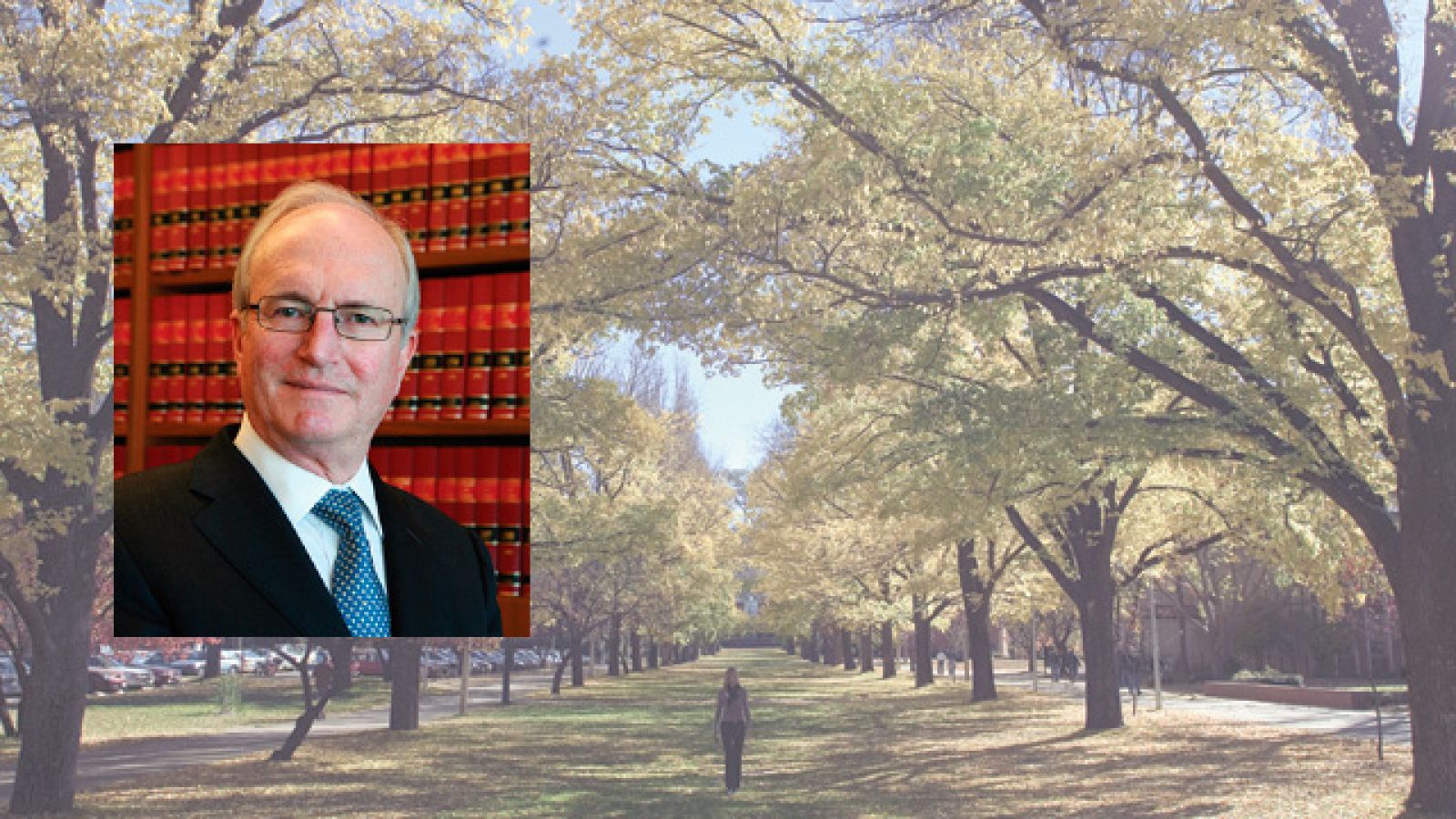ANU Arts and Law alumnus appointed to nation’s Competition Tribunal

Justice Alan Robertson, B Arts (Hons, '72) and LLB (Hons, '80)
A former ANU Bachelor of Arts student who fell in love with English and the law as a young man was in May 2016 appointed to the Australian Competition Tribunal.
Alan Robertson graduated from the Australian National University twice – first with a Bachelor of Arts (Hons) in 1972 and then a Bachelor of Law (Hons) in 1980.
Australian Treasurer, Scott Morrison, said Justice Robertson brings a wealth of experience to his new role with the Tribunal.
“During his time at the bar, Justice Robertson practiced competition law,” Mr Morrison said.
“He will bring his extensive experience as a practitioner and Judge in competition law to the Tribunal.”
After finishing his Arts degree, Alan worked in the Commonwealth Public Service in Canberra between 1973 and 1983, before turning to the Attorney-General's Department.
In 1983 he moved to the private bar in Sydney, working for WMC Gummow. In 1995, Alan was appointed a Senior Counsel for New South Wales. While at the bar, he mostly practiced public law including constitutional and administrative law.
In the 1990s, he spent five years as a part-time member of the Administrative Review Council. He has also been a convenor of the Administrative Law Section of the NSW Bar Association between 1995 and 2008, and convenor of the Constitutional and Administrative Law Section from 2008 to 2011.
Justice Robertson was appointed to the Federal Court of Australia in April 2011. During his first speech to the court, he recalled how his love of English was nurtured.
“I had previously studied English Literature, as you have heard, first in London and then at the ANU. So I am a strong believer in the relationship between clear thought and clear language.”
In that same speech, Justice Robertson also explained why he decided to add a law degree to his arts degree.
“The first case that I ever read was Rathborne v Abel, decided in 1964; a rent control case,” Justice Robertson said.
“Thus I came to be exposed to the analytical and linguistic skills of Sir Garfield Barwick who wrote the main judgment.
“His analysis of the statutory language and his own muscular prose were revelations to me as a student of English. I decided I should learn more and began my legal studies at the ANU in 1976.”